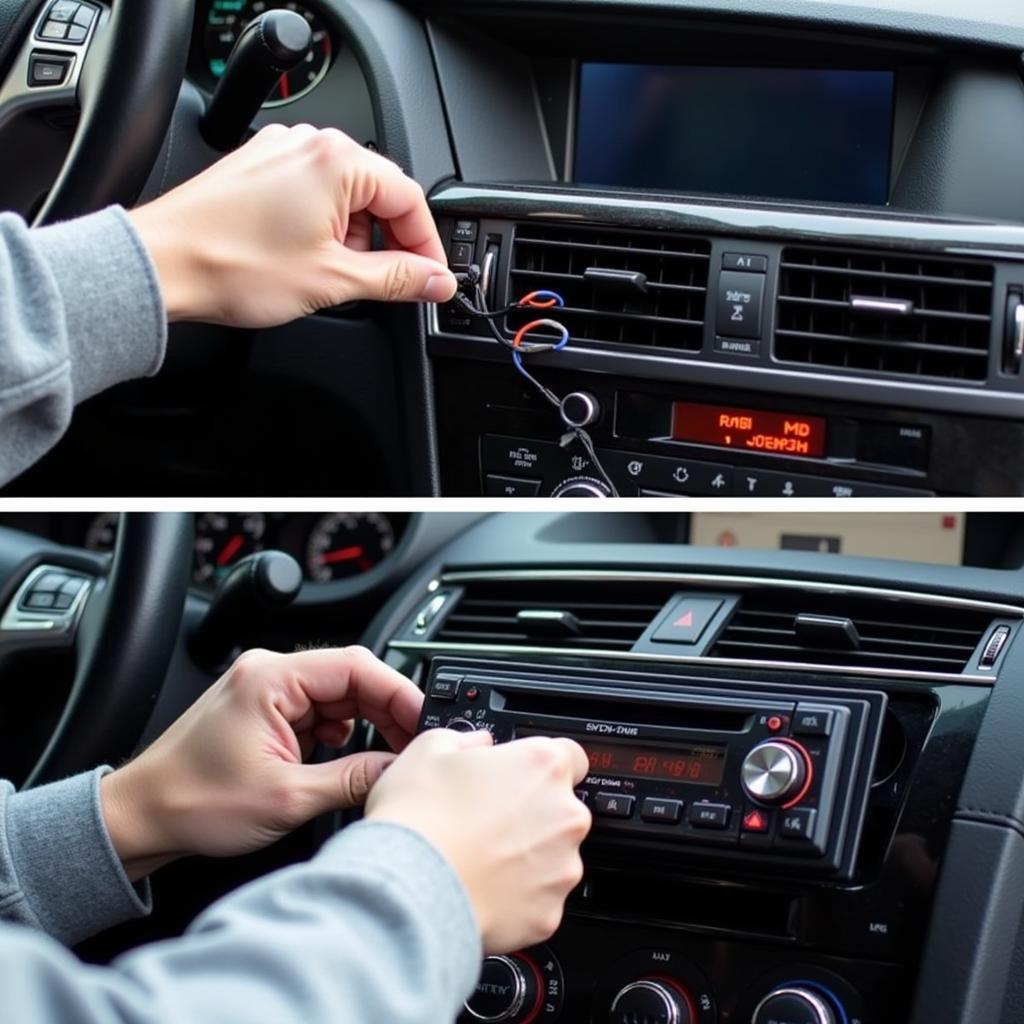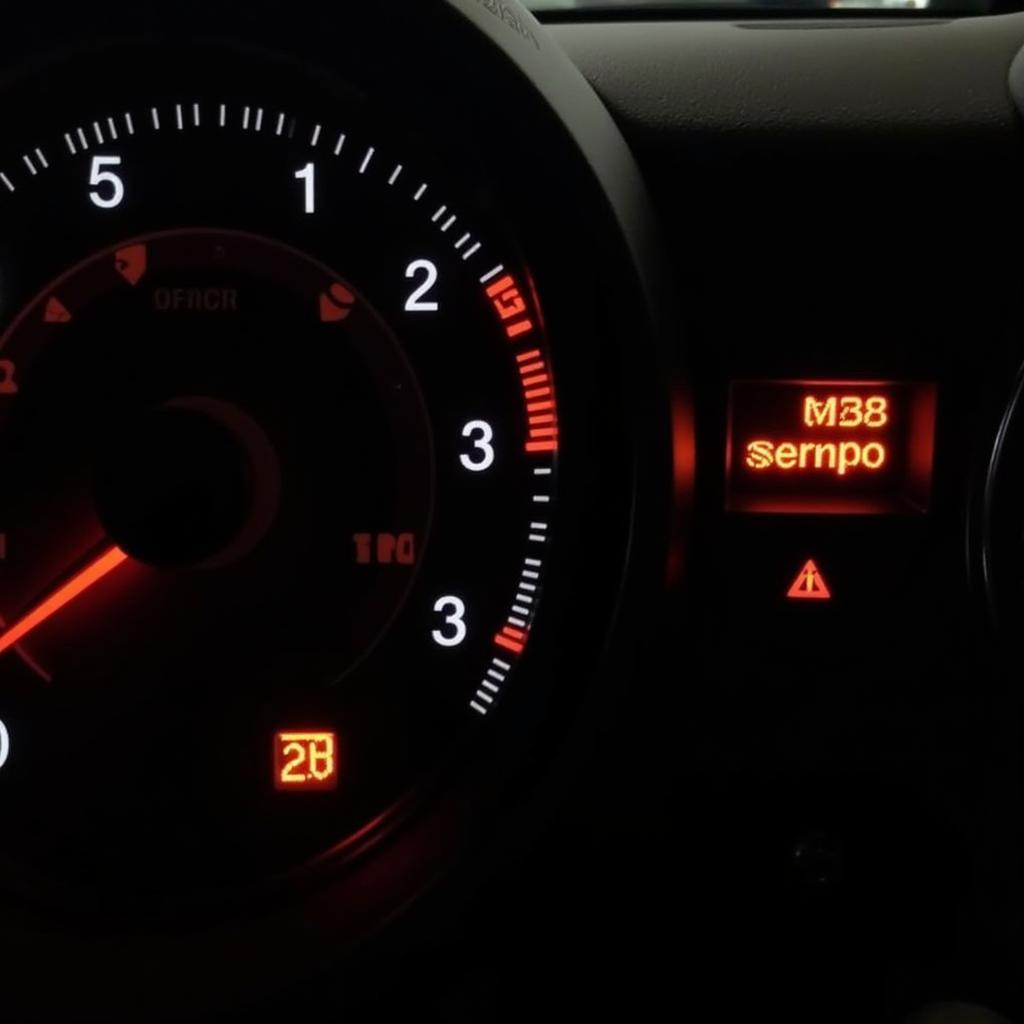Seeing a warning light illuminate on your Seat Ibiza’s dashboard can be unsettling. These lights are your car’s way of communicating potential issues that require attention. Understanding what these warning lights mean can help you address problems promptly and potentially avoid costly repairs.
This guide provides a comprehensive overview of common warning lights on a Seat Ibiza, explaining their meaning and suggesting appropriate actions.
Deciphering the Dashboard Symphony: Seat Ibiza Warning Lights Explained
Your Seat Ibiza’s dashboard is equipped with a variety of warning lights, each with a unique symbol and color indicating the severity of the issue.
Red Warning Lights: Urgent Action Required
Red warning lights signal critical issues that demand immediate attention. Ignoring these warnings could lead to severe damage to your vehicle or compromise your safety.
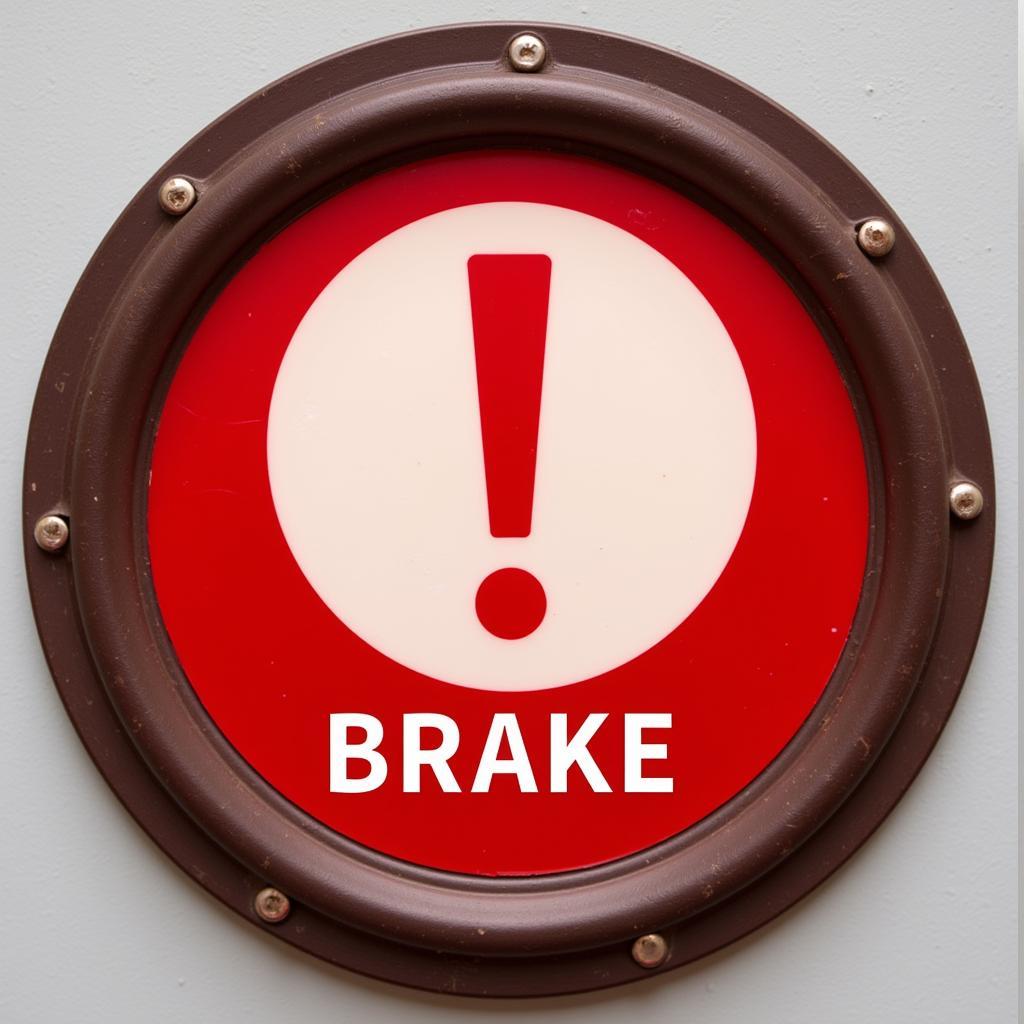 Seat Ibiza Brake System Warning Light Brake System Warning Light: This light indicates a problem with your braking system. This could be due to low brake fluid, worn brake pads, or a fault in the ABS system. Pull over immediately and do not continue driving. Contact a mechanic or recovery service.
Seat Ibiza Brake System Warning Light Brake System Warning Light: This light indicates a problem with your braking system. This could be due to low brake fluid, worn brake pads, or a fault in the ABS system. Pull over immediately and do not continue driving. Contact a mechanic or recovery service.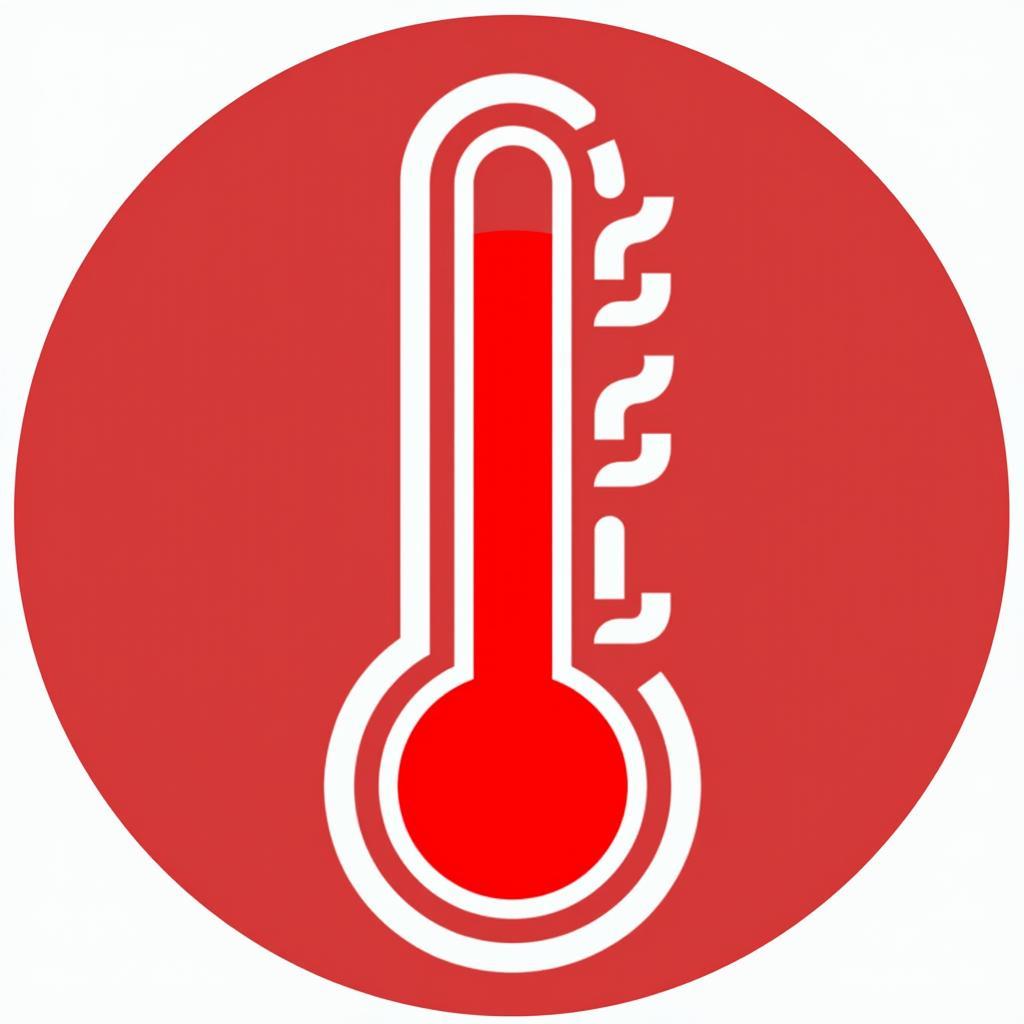 Seat Ibiza Engine Temperature Warning Light Engine Temperature Warning Light: This light indicates your engine is overheating. This could be caused by a coolant leak, a faulty thermostat, or a problem with the radiator fan. Stop the car as soon as safely possible and turn off the engine. Allow the engine to cool down completely before checking the coolant level. If the issue persists, seek professional help.
Seat Ibiza Engine Temperature Warning Light Engine Temperature Warning Light: This light indicates your engine is overheating. This could be caused by a coolant leak, a faulty thermostat, or a problem with the radiator fan. Stop the car as soon as safely possible and turn off the engine. Allow the engine to cool down completely before checking the coolant level. If the issue persists, seek professional help.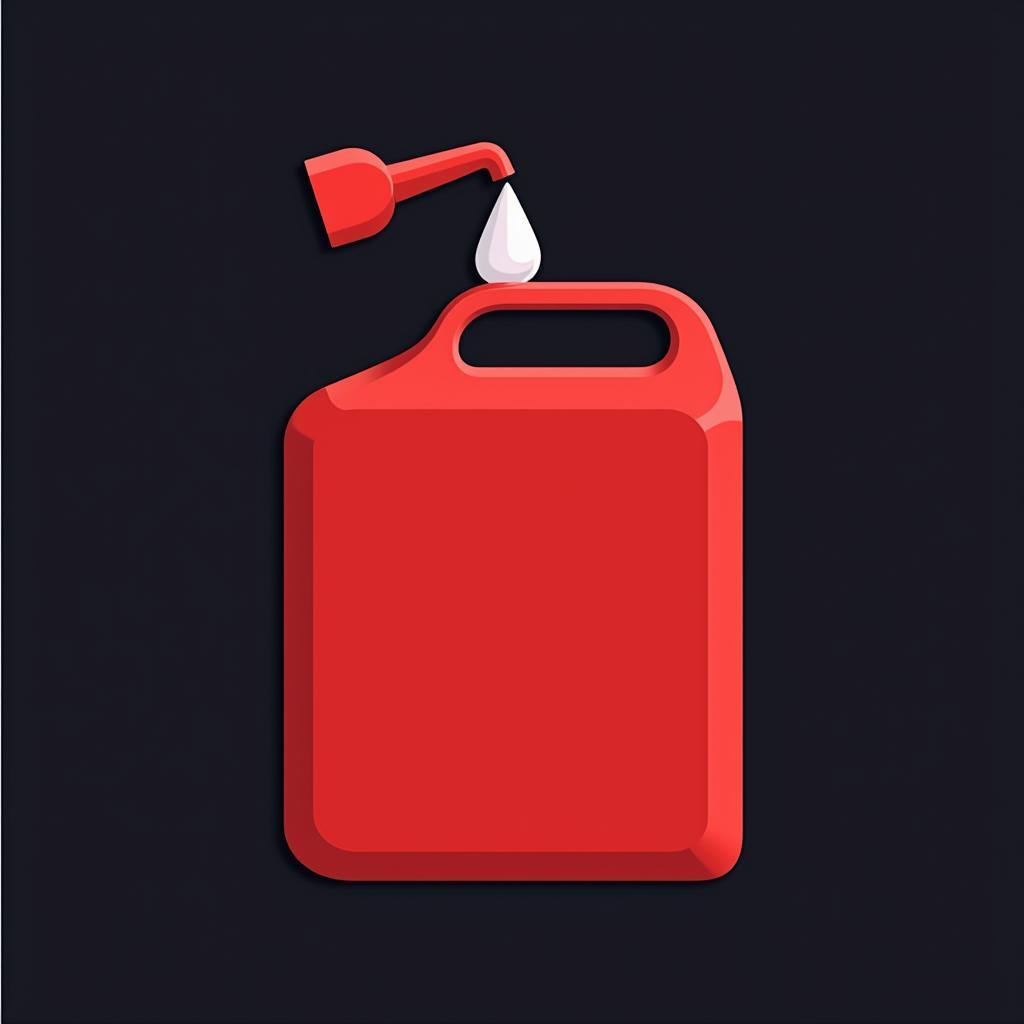 Seat Ibiza Oil Pressure Warning Light Oil Pressure Warning Light: This light indicates low oil pressure in the engine. This could be due to an oil leak, a faulty oil pump, or insufficient oil levels. Stop driving immediately and turn off the engine. Check the oil level and consult a mechanic.
Seat Ibiza Oil Pressure Warning Light Oil Pressure Warning Light: This light indicates low oil pressure in the engine. This could be due to an oil leak, a faulty oil pump, or insufficient oil levels. Stop driving immediately and turn off the engine. Check the oil level and consult a mechanic.
Amber Warning Lights: Caution and Inspection Needed
Amber warning lights indicate potential issues that require attention but are not necessarily emergencies. While you may not need to stop immediately, it’s crucial to address these warnings promptly to prevent further damage.
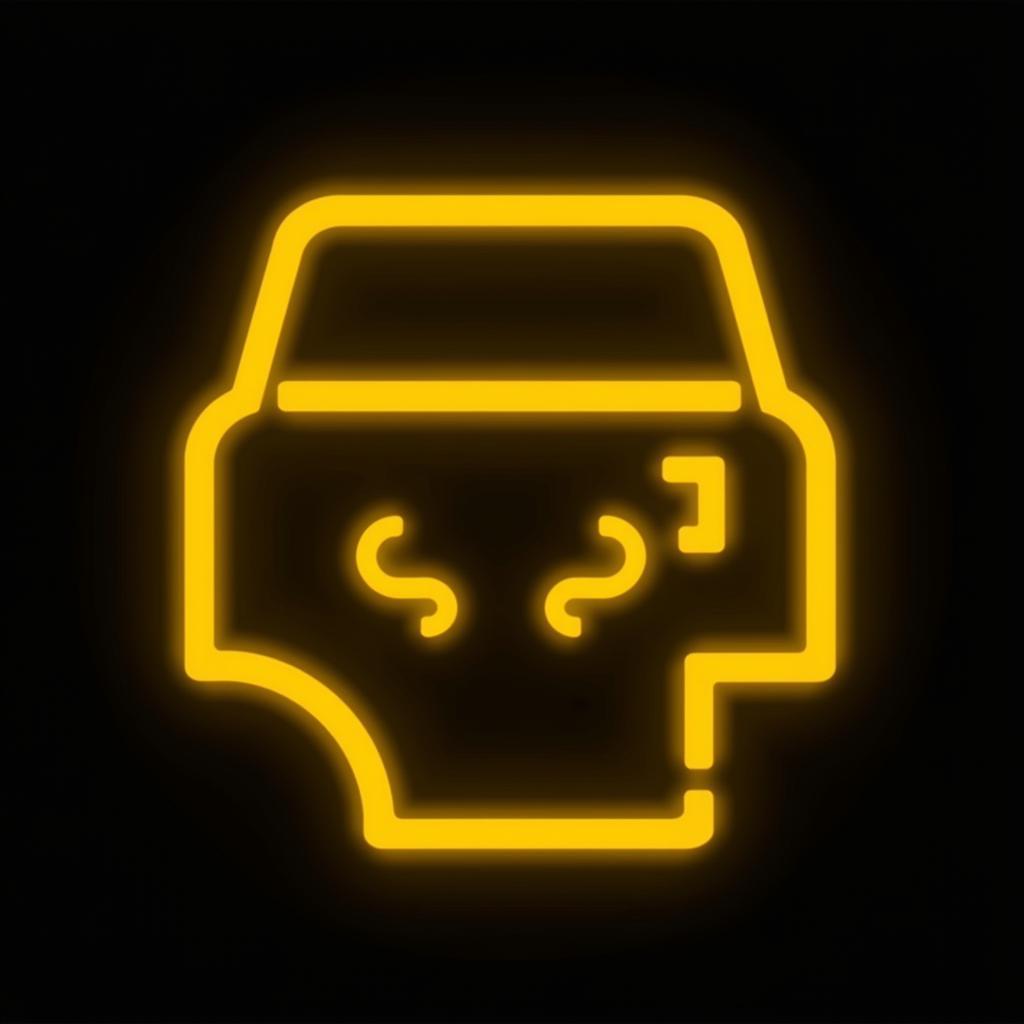 Seat Ibiza Engine Management Light Engine Management Light: This light illuminates when the engine control unit (ECU) detects an issue. This could range from a loose gas cap to a more serious problem like a misfire or sensor malfunction. It’s best to have your car diagnosed to identify and address the specific issue.
Seat Ibiza Engine Management Light Engine Management Light: This light illuminates when the engine control unit (ECU) detects an issue. This could range from a loose gas cap to a more serious problem like a misfire or sensor malfunction. It’s best to have your car diagnosed to identify and address the specific issue.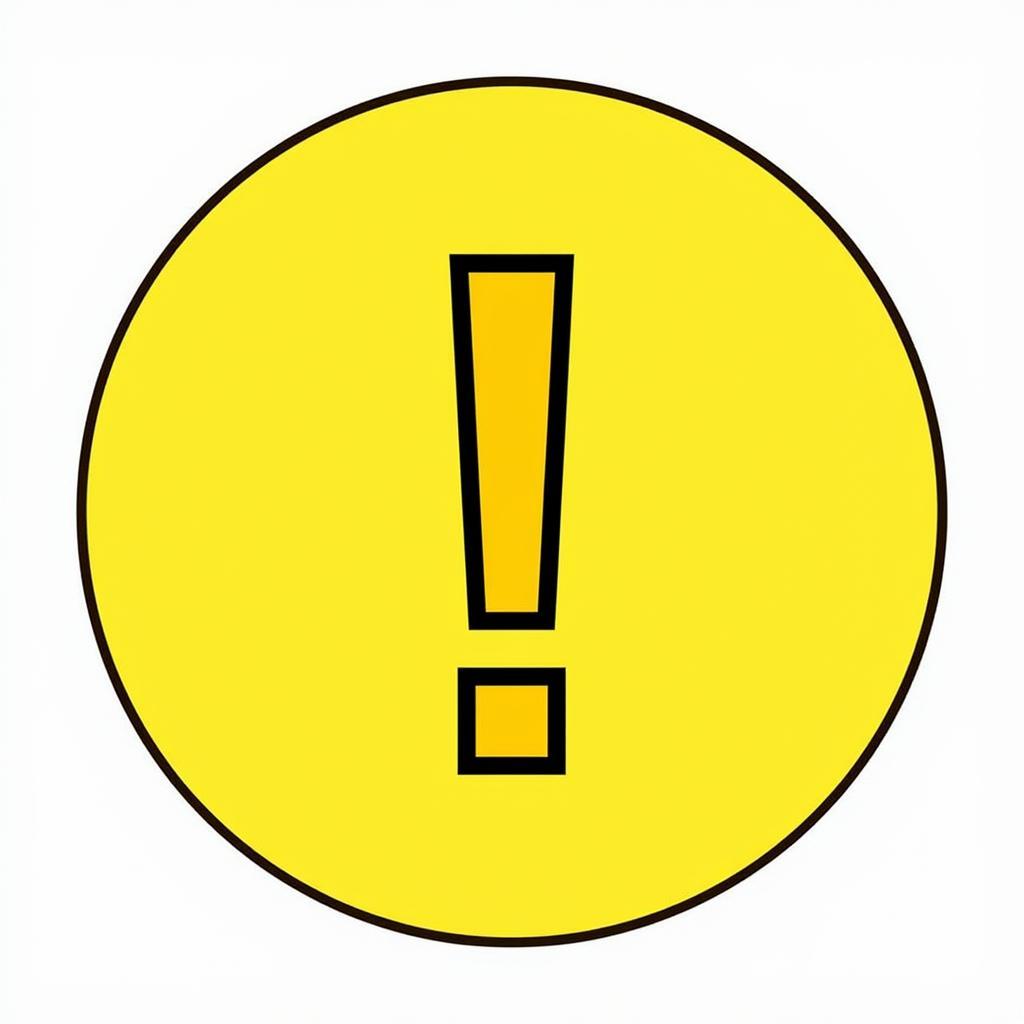 Seat Ibiza Tyre Pressure Monitoring System Warning Light Tyre Pressure Monitoring System (TPMS) Warning Light: This light signals low tire pressure in one or more tires. Check and inflate your tires to the recommended pressure as soon as possible.
Seat Ibiza Tyre Pressure Monitoring System Warning Light Tyre Pressure Monitoring System (TPMS) Warning Light: This light signals low tire pressure in one or more tires. Check and inflate your tires to the recommended pressure as soon as possible. 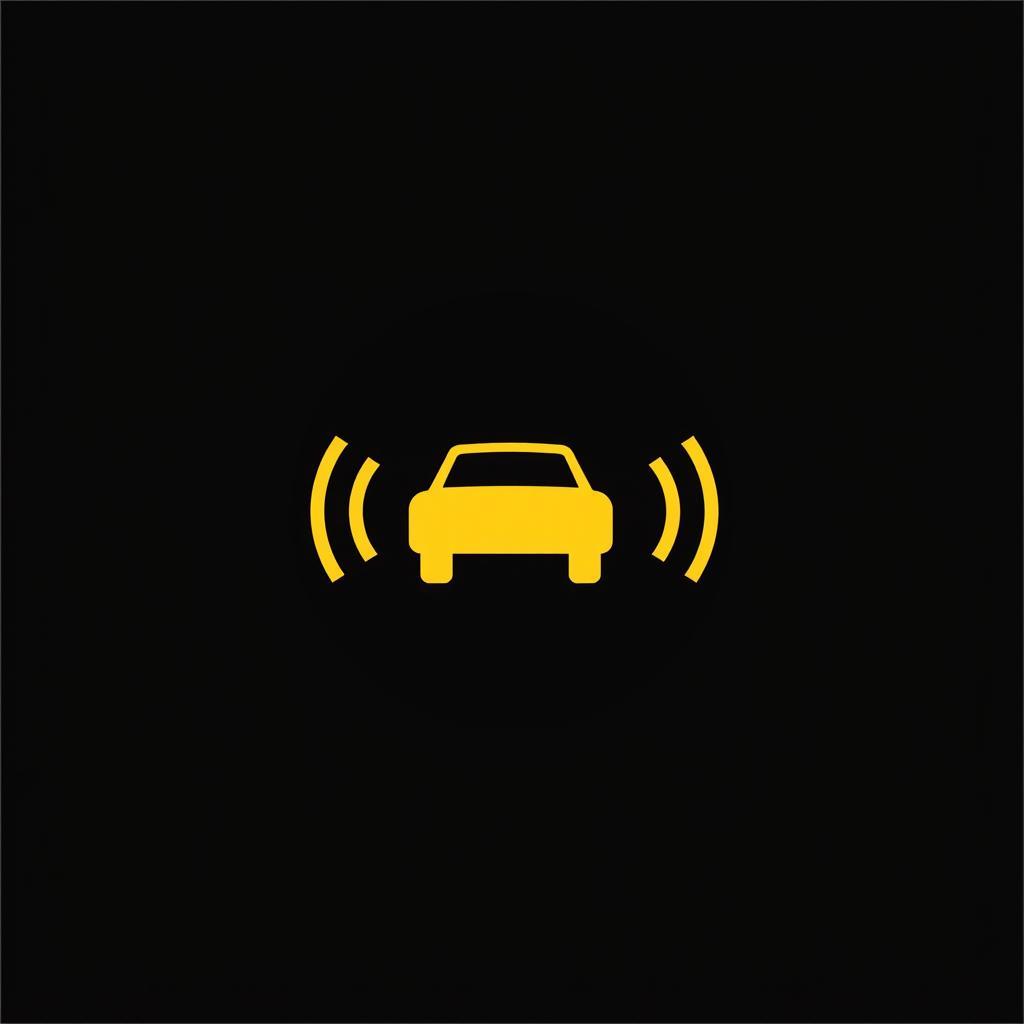 Seat Ibiza Electronic Stability Control Warning Light Electronic Stability Control (ESC) Warning Light: A flashing ESC light indicates the system is actively stabilizing your car, often during slippery conditions. If the light stays on, it suggests a potential malfunction within the ESC system. Have your car inspected by a mechanic.
Seat Ibiza Electronic Stability Control Warning Light Electronic Stability Control (ESC) Warning Light: A flashing ESC light indicates the system is actively stabilizing your car, often during slippery conditions. If the light stays on, it suggests a potential malfunction within the ESC system. Have your car inspected by a mechanic.
Other Important Warning Lights
- ** Airbag Warning Light:** This light indicates an issue with the airbag system. This could be due to a faulty sensor, a problem with the wiring, or a deployed airbag. Have this addressed by a qualified technician immediately.
- ** Battery Charging System Warning Light:** This light signifies a problem with your car’s charging system. This could be due to a failing alternator, a loose battery connection, or a problem with the wiring. If this light comes on, your battery may not be charging properly.
What to Do When a Warning Light Comes On
- Assess the Situation: Note the color and symbol of the warning light.
- Consult Your Owner’s Manual: Your Seat Ibiza’s owner’s manual will provide specific information about the warning lights and recommended actions.
- Take Appropriate Action: Follow the recommended steps for the specific warning light.
- Seek Professional Help: If you’re unsure about the cause of the warning light or how to address it, consult a qualified mechanic as soon as possible.
Warning Lights: Your Car’s Early Warning System
Understanding the warning lights on dashboard Seat Ibiza is essential for every owner. By paying attention to these visual cues and taking appropriate action, you can proactively maintain your vehicle’s health, ensure your safety, and potentially save on costly repairs down the line. Remember, your Seat Ibiza is equipped with these warning lights to communicate potential issues – listen to what it’s telling you.
FAQs About Seat Ibiza Warning Lights
1. Can I continue driving with a warning light on?
Whether you can continue driving depends on the specific warning light. Red warning lights signal serious issues, and driving should cease immediately. Amber lights indicate less severe issues but require prompt attention.
2. What if a warning light comes on and then goes off?
Even if a warning light illuminates briefly and then disappears, it’s essential to have your car inspected by a mechanic. This could indicate an intermittent issue that needs to be addressed.
3. Can I reset the warning lights myself?
While it’s possible to reset some warning lights, it’s crucial to identify and address the underlying issue first. Simply resetting the light without fixing the problem will not solve it and could lead to further damage.
4. How often should I have my Seat Ibiza serviced?
Following the recommended service schedule outlined in your owner’s manual is crucial for preventing warning lights and maintaining your car’s health. Regular servicing helps identify and address potential problems before they become major issues.
5. What are the most common reasons for the Seat Ibiza warning lights?
Common causes for Seat Ibiza warning lights include low fluid levels (brake fluid, coolant, oil), worn brake pads, battery issues, and sensor malfunctions.
6. Can extreme temperatures affect the warning lights?
Extreme temperatures can sometimes affect the performance of sensors and trigger warning lights. However, it’s essential to have any illuminated warning lights checked, regardless of the weather conditions.
7. Can aftermarket modifications trigger warning lights?
Yes, aftermarket modifications, especially those affecting the engine or electrical systems, can sometimes interfere with the car’s sensors and trigger warning lights.

